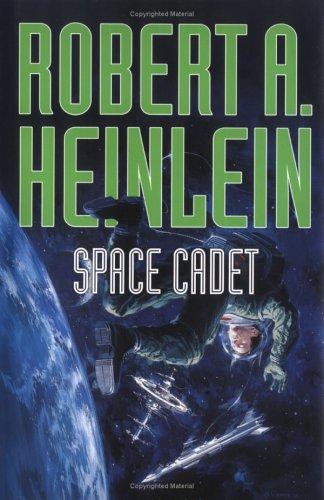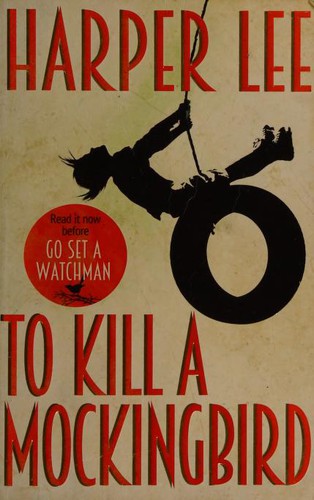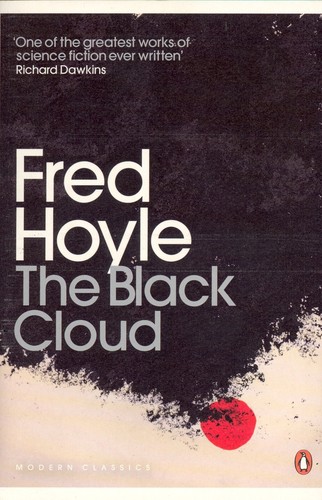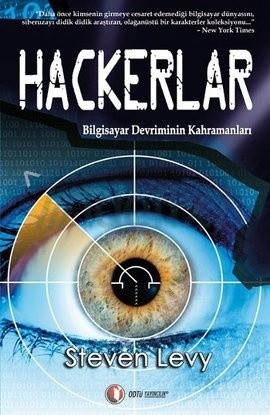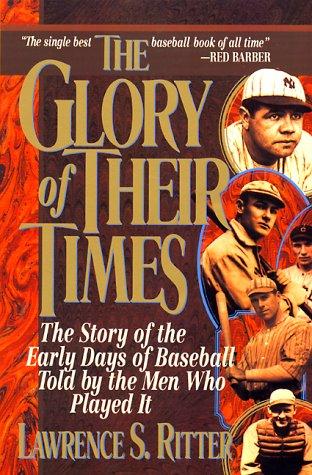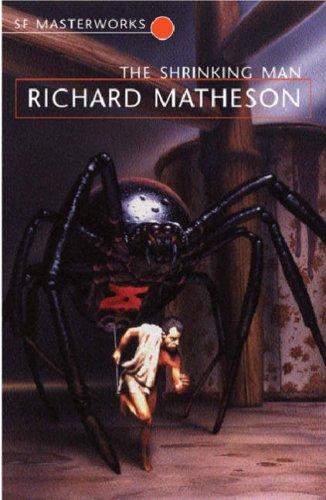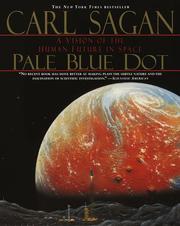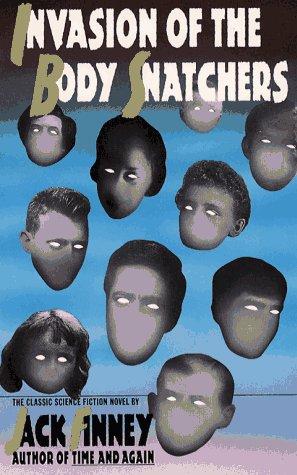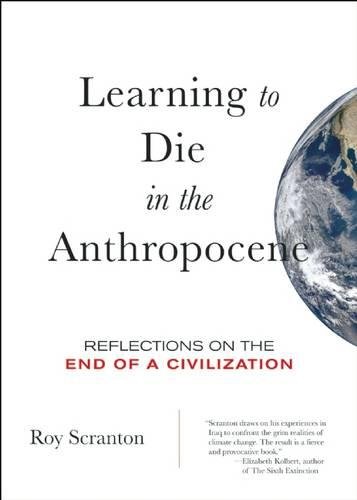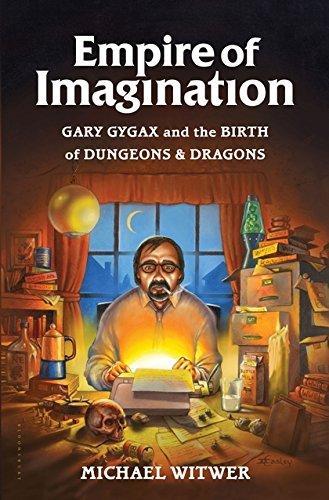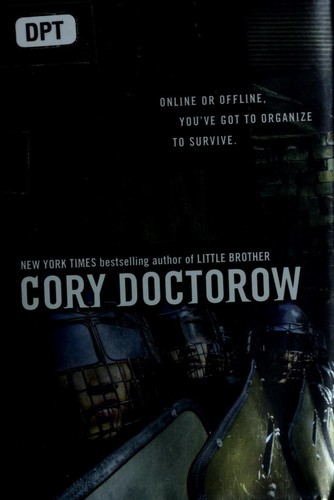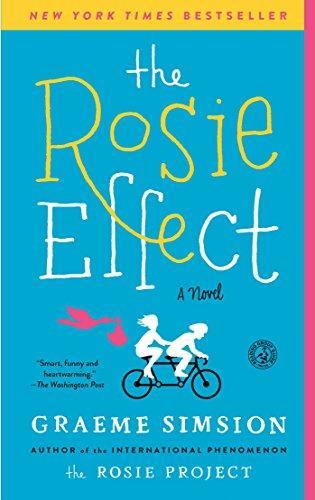Thom reviewed Space cadet by Robert A. Heinlein
Review of 'Space cadet' on 'Goodreads'
4 stars
This was the second Heinlein juvenile, published only a few years after World War II. Set 125 years in the future, after the first exploration and colonization of several planets, our solar system still provides a wonderful playground for the characters. Cell phones make an appearance, along with several other decent guesses about the future of technology.
Predating Starship Troopers and The Forever War, it tells of a group of young men going through cadet training for the Space Patrol. Humor and honor go hand in hand here, with a strong emphasis on morality and service. While the conditions on Venus aren't up to today's information, most of the novel does use fairly hard science to describe maneuvers and solutions.
Originally chosen to read with my daughter on a whim (more classic science fiction is always good), she really enjoyed this book and especially the characters.

